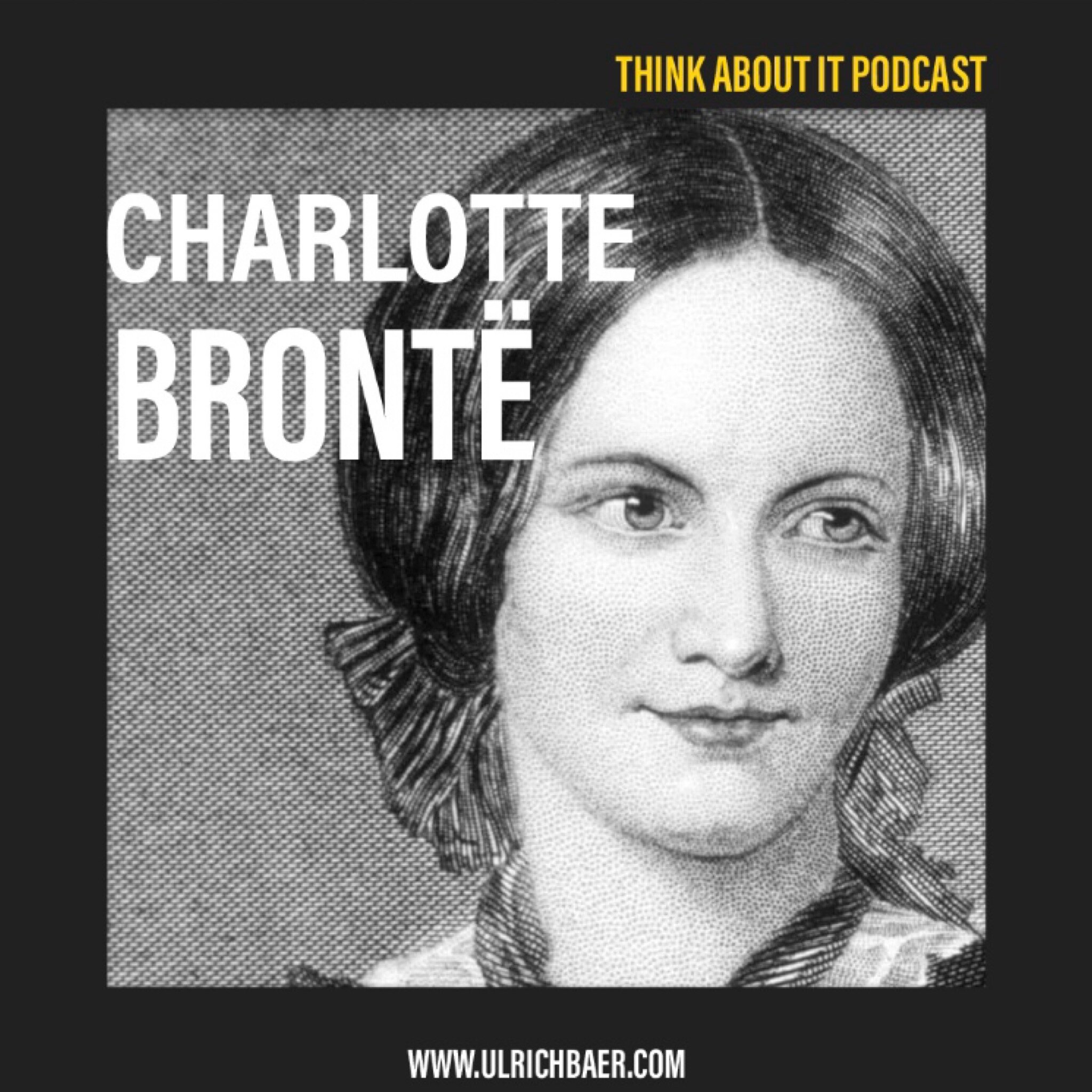GREAT BOOKS 35:
Charlotte Brontë’s Jane Eyre, with Professor Susan Ostrov Weisser (Adelphi)
Charlotte Brontë's 1847 novel Jane Eyre is one of the great love stories of all time, but it's also the story of a woman who speaks her truth even when this means risking everything she wants. Jane, an orphan raised in a cruel family and struggling to survive in a world where poor women have few chances, falls in love with dashing and mysterious Mr. Rochester, the owner of the estate where she finds a job. A secret in his part forces Jane to choose between compromising her integrity or giving up on Rochester, until dramatic circumstances and her courageous choices change her fate.
Do we have to give up autonomy and freedom when we fall in love? Are marriage or loneliness the only two options for women— back in Brontë’s time, and still today? Jane Eyre provides the cultural script we still follow today, in every rom-com movie, reality dating series and even high-brow novels like Elena Ferrante’s recent series of Neapolitan stories about love, dignity, class and happiness that explore the vagaries of our hearts. I spoke with Professor Susan Ostrov Weisser, an expert not only on Jane Eyre but also on this cultural script of romance for women, where a young girl's life goal is supposed to become both independent yet also attached to a man. I asked her whether falling in love means giving up one's freedom, how to make sense of the Carribean-born "madwoman in the attic," to whom novelist Jean Rhys famously gave voice in her book, Wide Sargasso Sea, and whether Jane Eyre is really a feminist book. Has the script changed by now?
Susan Ostrov Weisser is Professor of English at Adelphi University and the author of: The Glass Slipper: Women and Love Stories (2013); Women and Romance (ed.; 2001); A Craving Vacancy: Women and Sexual Love in the British Novel, 1740-1880 (1997); and with co-editor Jennifer Fleischner, Feminist Nightmares: Women At Odds (1994).
///////////////
Follow us:
TWITTER - @ulibaer
INSTAGRAM - @ulinyc
(THINK ABOUT IT PODCAST) - @thinkaboutit.podcast
////////////////
Listen to the Podcast on:
APPLE PODCASTS - Think About It Podcast
SPOTIFY - Think About It Podcast
YOUTUBE: Ulrich Baer
////////////////
Thanks for listening! :)

